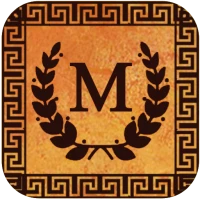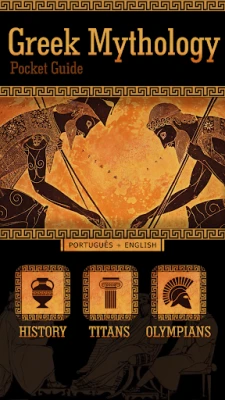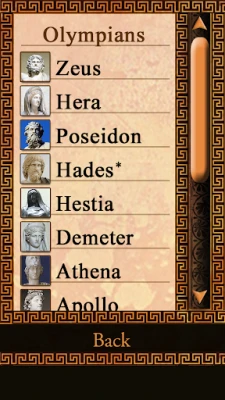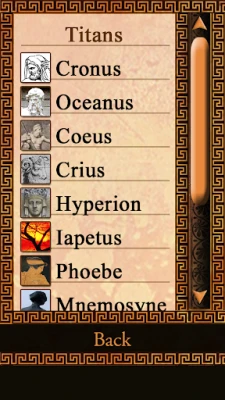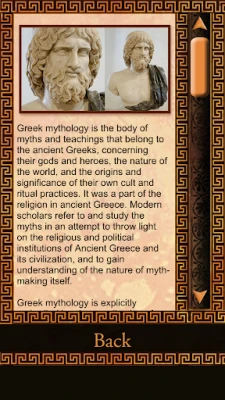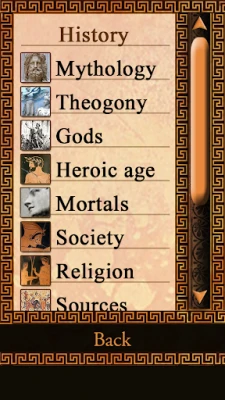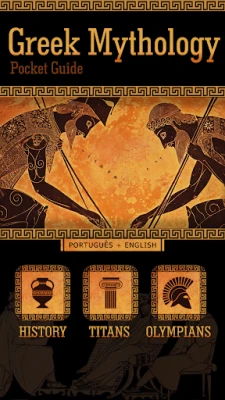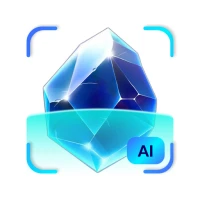
Latest Version
1.4.2
October 01, 2025
Theago Liddell
Education
Android
0
$0.99
com.theagoliddell.mitologiagregapro
Report a Problem
More About Greek Mythology
The Enduring Legacy of Greek Mythology: Its Impact on Culture, Arts, and Science
Greek mythology stands as a monumental pillar of Western civilization, profoundly shaping its culture, arts, and literature. This ancient narrative tradition continues to resonate, influencing contemporary creators and thinkers alike. From poets to visual artists, the themes and characters of Greek mythology provide a rich tapestry of inspiration, revealing timeless truths and relevance in modern contexts.
The Cultural Significance of Greek Mythology
Greek mythology is not merely a collection of ancient stories; it is a vital part of Western heritage. The tales of gods, heroes, and mythical creatures have permeated various aspects of life, from language to societal values. The narratives encapsulate fundamental human experiences, exploring themes of love, power, betrayal, and redemption. These stories have been retold and reinterpreted through the ages, ensuring their place in the collective consciousness of Western culture.
Inspiration for Artists and Poets
Throughout history, artists and poets have drawn from the well of Greek mythology to create works that resonate with audiences. The epic poems of Homer, such as the "Iliad" and the "Odyssey," have inspired countless adaptations in literature and film. Visual artists, too, have found muse in the dramatic tales of gods and mortals, producing masterpieces that capture the essence of these timeless stories. The influence of Greek mythology is evident in the works of renowned artists like Botticelli, Michelangelo, and more recently, in contemporary cinema and literature.
Greek Mythology in Modern Literature
Modern authors continue to explore Greek mythology, weaving its elements into contemporary narratives. Novels like "Circe" by Madeline Miller and "The Song of Achilles" have revitalized interest in these ancient tales, presenting them through a modern lens. These works not only entertain but also provoke thought about identity, fate, and the human condition, demonstrating the enduring relevance of Greek myths in today's world.
The Influence on Science and Academia
Beyond the arts, Greek mythology has significantly impacted the realm of science. The names of planets in our solar system, such as Mars, Venus, and Jupiter, are derived from Roman adaptations of Greek deities. This connection highlights the intersection of mythology and scientific exploration, as ancient stories continue to shape our understanding of the cosmos.
Moreover, Greek mythology has influenced various academic fields, including psychology and anthropology. The archetypes found in these myths serve as foundational concepts in psychoanalytic theory, particularly in the works of Carl Jung, who explored the collective unconscious and the significance of mythological symbols in human psychology. Anthropologists also study these myths to understand cultural narratives and societal structures, revealing how ancient beliefs inform modern practices.
Exploring the Titans and Olympian Gods
The rich pantheon of Greek mythology includes the primordial Titans and the Olympian gods, each embodying different aspects of existence. The Titans, such as Cronus and Rhea, represent the primal forces of nature, while the Olympian gods, including Zeus, Hera, and Athena, symbolize various human traits and societal ideals. Understanding these figures provides insight into the values and beliefs of ancient Greek society, as well as their lasting impact on contemporary culture.
Conclusion: The Timeless Relevance of Greek Mythology
In conclusion, Greek mythology remains a vital part of Western heritage, influencing culture, arts, and science in profound ways. Its narratives continue to inspire modern creators, while also serving as a lens through which we can examine human nature and societal values. As we explore the stories of the Titans and Olympian gods, we uncover not only the richness of ancient traditions but also their enduring significance in our lives today. The legacy of Greek mythology is a testament to the power of storytelling and its ability to transcend time and space, connecting us to our shared human experience.
Rate the App
User Reviews
Popular Apps



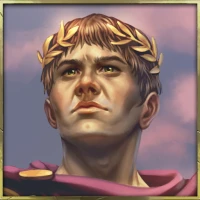






Editor's Choice










